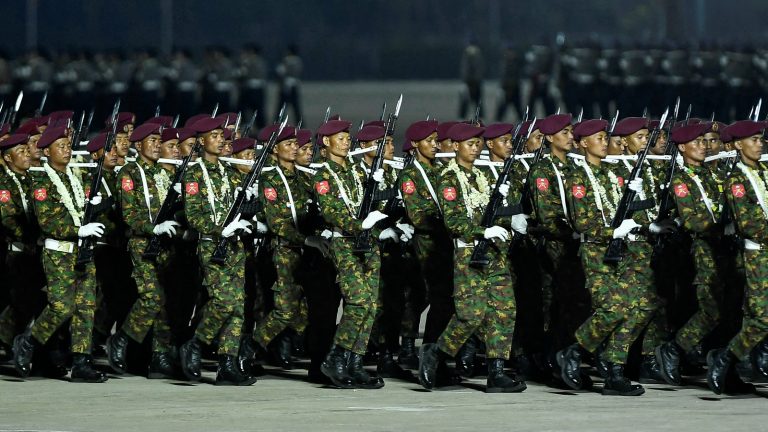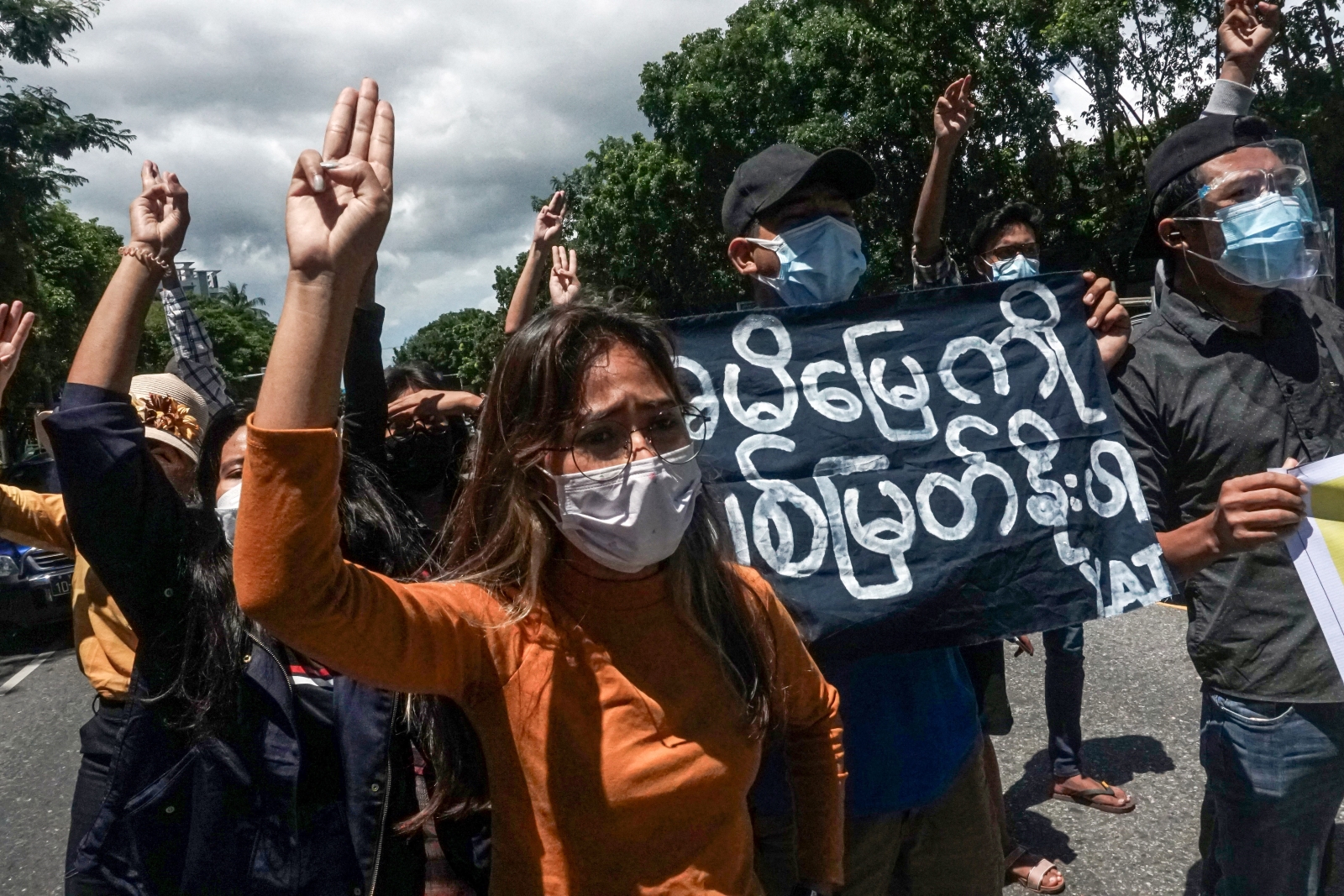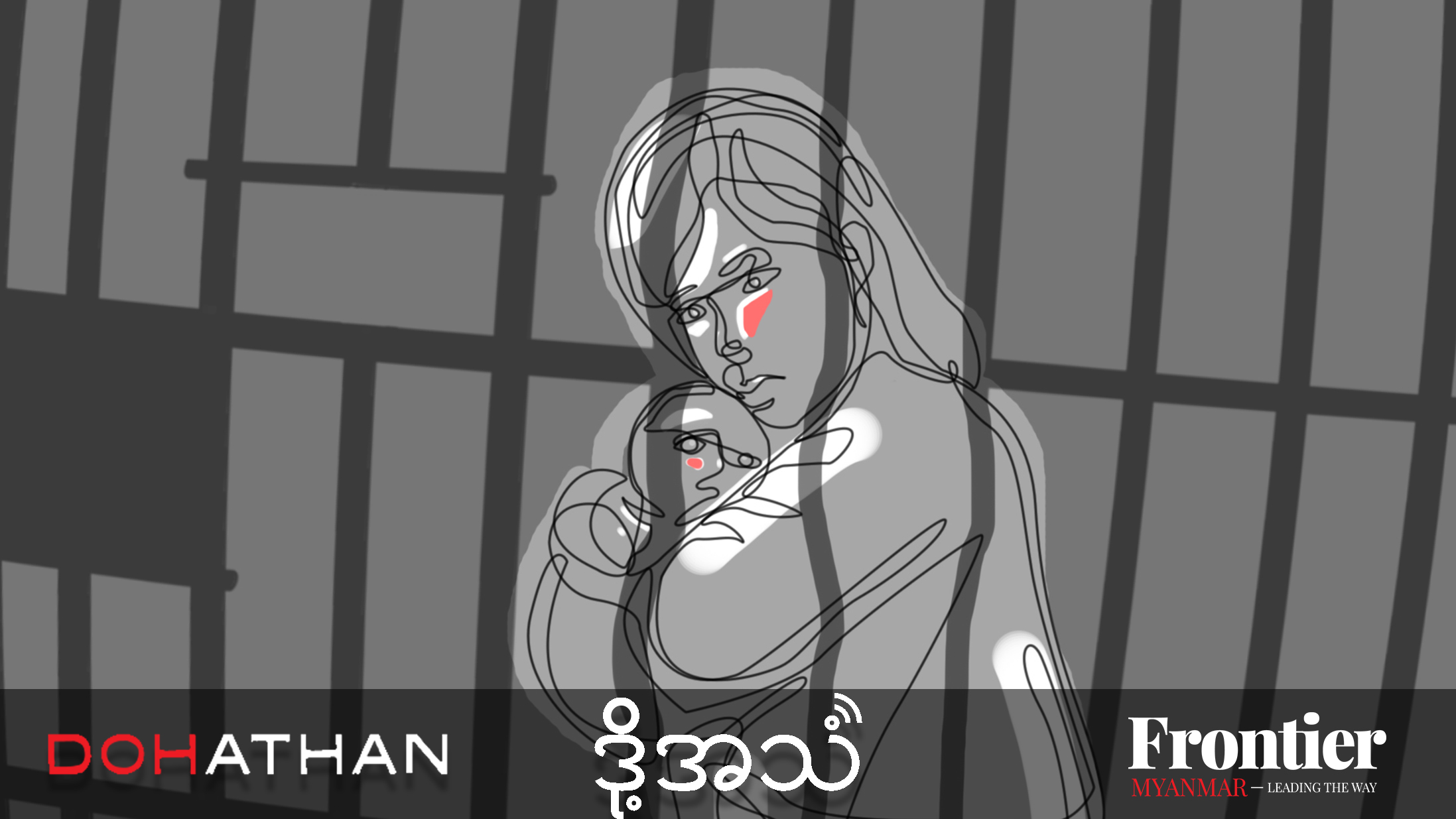We have not necessarily seen the end of the persecution and jailing of activists on trumped up charges.
Another presidential amnesty for political prisoners was in many ways expected before President U Thein Sein leaves office at the end of March. The government has been enjoying praise from the international community for its role in the largely free and fair general election in November. The peaceful transition of power underway to its former foes, the National League for Democracy, has further heightened the acclaim.
Keen to ride this wave of optimism, the January 22 amnesty aimed to reinforce U Thein Sein’s image – and legacy – as a political reformer.
Of the 102 inmates who were released, 52 were regarded as prisoners of conscience by the Assistance Association for Political Prisoners. It says their release brings to 84 the number of political prisoners in the nation’s jails, with another 408 on remand for political activism. They include 53 students who have been on trial since their arrest at Letpadan last March during the violent police crackdown against protesters opposed to the National Education Law.
In June 2013, U Thein Sein promised to release all remaining political prisoners by the end of that year. Although he claimed to have achieved his goal, monitoring groups said about 30 prisoners of conscience remained in jail at the end of 2013, and their number has been growing steadily.
Myanmar has seen significant progress in many sectors since U Thein Sein came to office, but if citizens remain in jail for political reasons at the end of his term, then this aspect of his legacy will remain unfulfilled.
Support more independent journalism like this. Sign up to be a Frontier member.
There are high hopes that the controversy over political prisoners will end after the National League for Democracy government takes power. Since the NLD’s stunning election victory last November, some of its MPs-elect have said they will make the release of all remaining political prisoners a priority. Recent incidents have revealed the challenges they will face achieving this goal.
On the same day as the amnesty, Kachin humanitarian and activist Ko Patrick Khum Jaa Lee was sentenced to six months in prison for a Facebook post deemed insulting to the military. He is the husband of prominent Kachin activist Daw May Sabe Phyu, who told Frontier last year she believed her husband was charged in a deliberate move to intimidate her. The verdict in Ko Patrick Khum Jaa Lee’s case followed that of Daw Chaw Sandi Tun, who was sentenced to six months in jail in December for another Facebook post deemed offensive to the Tatmadaw.
Days before the amnesty, and just a day after US Deputy Secretary of State Antony Blinken urged the government to release all political prisoners, a former monk jailed in 2007 after playing a leading role in the protests earlier that year known as the Saffron Revolution was arrested in Mandalay on immigration charges.
U Nyi Nyi Lwin, whose ordination name was U Gambira, had travelled to Thailand after his release from jail in 2012 to seek treatment for psychological distress he suffered as a result of abusive treatment in jail. U Nyi Nyi Lwin had expressed concern about being arrested if he returned to Myanmar – which he did to apply for a new passport – and it is difficult to regard his arrest as anything other than politically motivated.
The continued arrests of deliberately targeted individuals are evidence that powerful figures remain in the establishment who have retained the hostility towards activism that prevailed during the dark days of the junta.
With the military maintaining control of key ministries and a judiciary that lacks independence, we have not necessarily seen the end of the persecution and jailing of activists on trumped up charges that have plagued Myanmar for decades.






